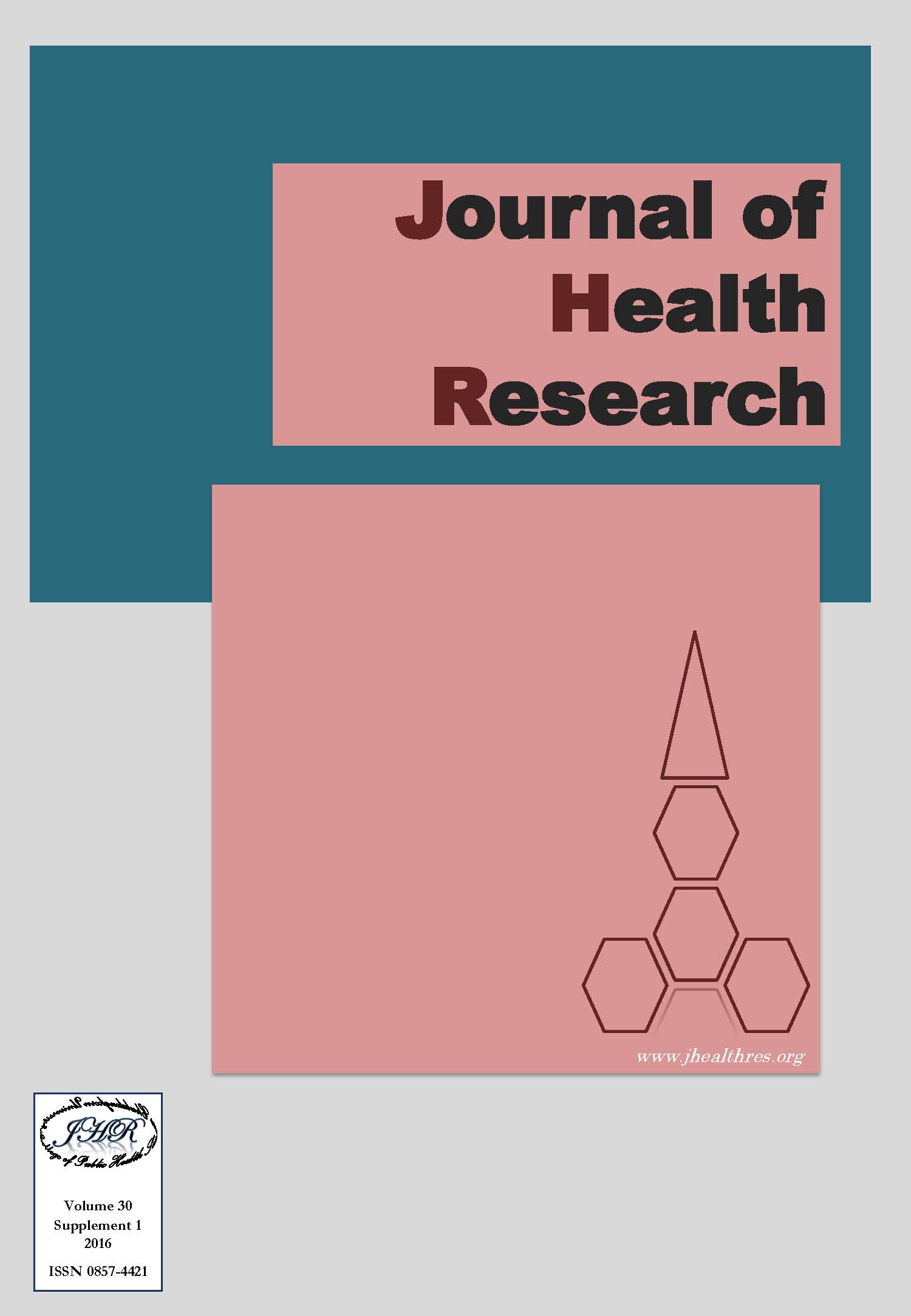Assessing the quality of life of persons with physical disabilities in residential institutional centers, Thailand
Keywords:
Quality of life, Physical disability, ThailandAbstract
Background: Disabilities is an umbrella term, covering impairments, activity limitations, and participation restrictions. Impairment is a problem in body function or structure; an activity limitation is a difficulty encountered by an individual in executing a task or action; while a participation restriction is a problem experienced by an individual in involvement in life situations. This study was thus intended to fill this knowledge gap for studies in Thailand and attempt to investigate whether there is an association between the accessibility to health care services and health-related quality of life for person with physical disability in Thailand.
Methods: This study was a cross-sectional study with 200 respondents who had physical disability. The study area is mainly at the Redemptorist Foundation for People with Disabilities-RFPD, Chonburi province, and 7 out of 13 Independent living centers in regions around Thailand. The study was analyzed using descriptive statistics (frequency, percentage, mean, median and standard deviation) and inferential statistics (unpaired t–test, Pearson’s correlations and one–way ANOVA).
Results: Each domain of quality of life includes low, moderate and high score levels, among the 200 respondents with physical disability who completed the questionnaire on WHOQOL-BREF, most respondents had a moderate level of quality of life, 92% level in physical health domain, in 98% psychological health domain, 64.5% in social relationships, 79.5% in environment domain and 85% in overall quality of life (QoL) domain.
Conclusions: A moderate level of health related quality of life was observed among the 200 persons with physical disability respondents. Females living with physical disability had similar quality of life than males. When analyzed by one-way ANOVA, gender, age, employment, religion, and degree of physical disability are factors that did not show significant association with Health Related Quality of Life (HRQOL) of the study population. The HRQOL of persons with physical disabilities shown is positively associated with education and financial accessibility characteristics.







